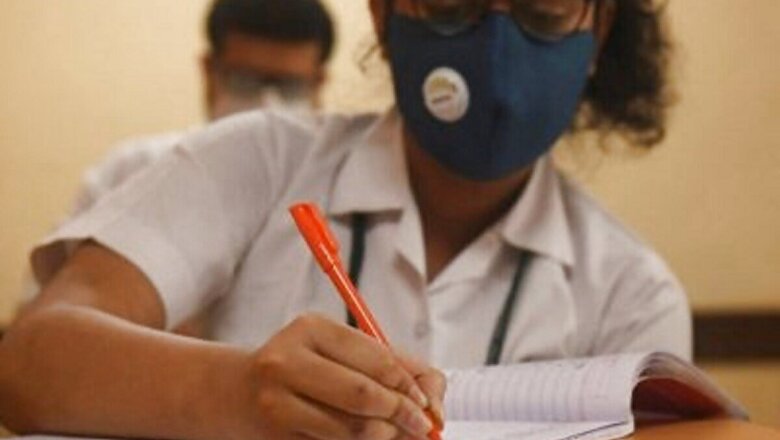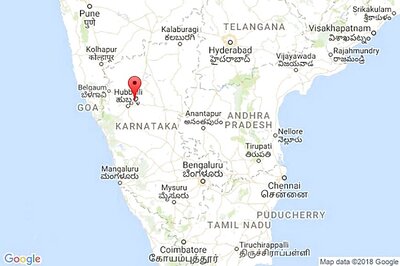
views
Remember the old Bajaj Electricals’ ad where an old man is singing ‘jab main chhotta ladka tha….’, as he reminisces about the bulb remaining a constant fixture throughout his life? The board examinations in India are much the same. We are living in times when every few years technology evolves and our world changes so drastically that the experience of growing up and entering adulthood is very different for two generations. Yet what remains constant is the all-consuming importance (and fear) of the board examinations. As the board examinations occupy centre stage in the psyche of the parents, teachers and students themselves, the entire education system has moulded itself to match the needs of these examinations.
In the past six years, Delhi has witnessed an education revolution, which has transformed the public education system and given hope for government schools across the country. This change has not just been on an infrastructure level but is also visible in the introductions of the Happiness curriculum and the Entrepreneurship Mindset Curriculum, with our government school teachers and principals attending trainings in Finland, Singapore, Cambridge and IIM Ahmedabad, with parents being active participants through the School Management Committees and with a special focus on ensuring foundational literacy and numeracy for each child. These reforms are the foundation on which the Delhi education revolution is based. I see the difference these reforms have brought into the lives of children and has made them more confident in their own abilities.
However, in this journey of education reform, we have learnt an important lesson — until there is a change in the way we assess a child, it will remain difficult to change what is taught to a child. Our classroom teaching-learning is shaped by assessments and the assessments in turn are shaped by the entire system’s focus on board examinations. This has remained the overbearing truth of all education reform, despite our efforts to encourage innovation and creativity in the classroom.
A few years ago I was in a meeting with a group of Delhi’s government school teachers who were given the responsibility of improving our assessment design. I remember this one particular instance from that meeting when someone had suggested that instead of asking a child to give the textbook definition of what a balanced diet is, we should frame the question to say that if one had two slices of bread and one glass of milk in the morning, what should one eat for the rest of the day to have a balanced diet. It seemed like a good way of ensuring that the child really understands the concept and learns how to apply it in his or her life. But one of the teachers sitting in that meeting had completely rejected the idea. Her reasoning was that if all questions were so open-ended, how would they be able to make an answer key!
She wasn’t wrong in her reasoning. When the success of the teacher, of the system and of the child is measured by the board results and the child’s answers matching the answer key, how do we incentivise innovation within the classroom and within the assessment pattern? Year after year, we speak of the need to reduce the board examinations-related stress, we speak of the need to move away from rote learning and standardised exams, we speak of encouraging innovative classrooms and joyful learning, we speak of the need to give our children an education that makes them good, socially responsible citizens, and not just cogs in a machine. But after all is said and done, we promptly slip into the same board examination-oriented rote learning mode for the next academic year.
The pressing need of our times is to create an education ecosystem, where we assess our child for what we hope to see them learn. If we want our children to be good human beings, who care for their country and fellow citizens, who believe in equality, who hope to build a sustainable future, who are independent thinkers and compassionate individuals, who can think outside the box and become job creators instead of job seekers, then these are the things we need to begin assessing. What is the point of education if our children leave our system with very high grades but feel no shame in polluting their city, or eve-tease women on the roads, or break laws by driving dangerously? Our education system holds the responsibility of making socially responsible citizens— true deshbhakts—out of our children. With this clarity of thought, the Delhi government plans to set up a new education board for the children of Delhi. This new board, will move away from the tyranny of standardised exams and focus on innovative assessments that help a child meet the needs of our fast-changing world where human values have become more important than ever.
Read all the Latest News, Breaking News and Coronavirus News here




















Comments
0 comment